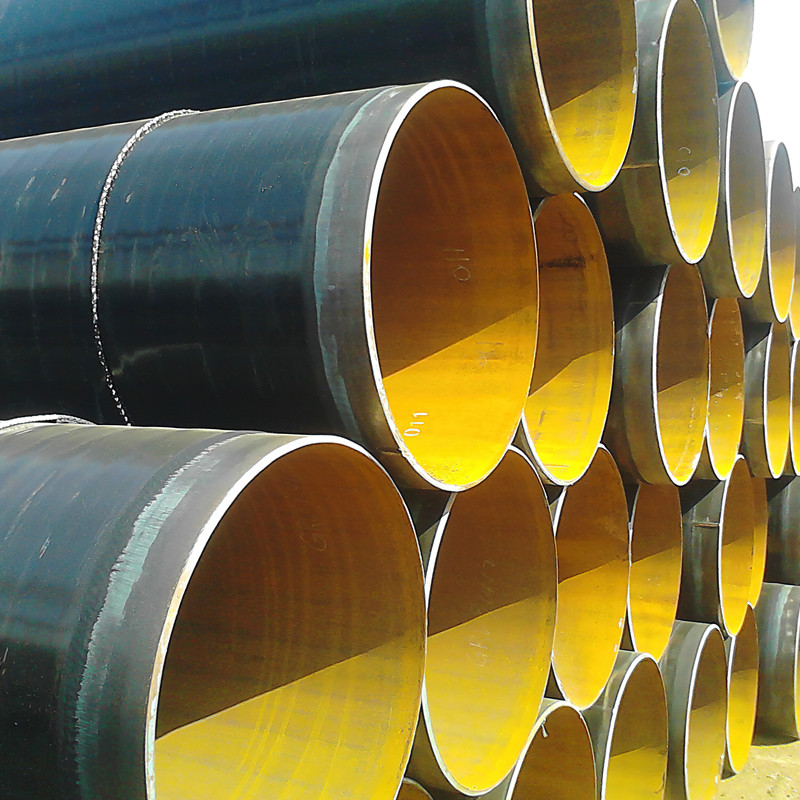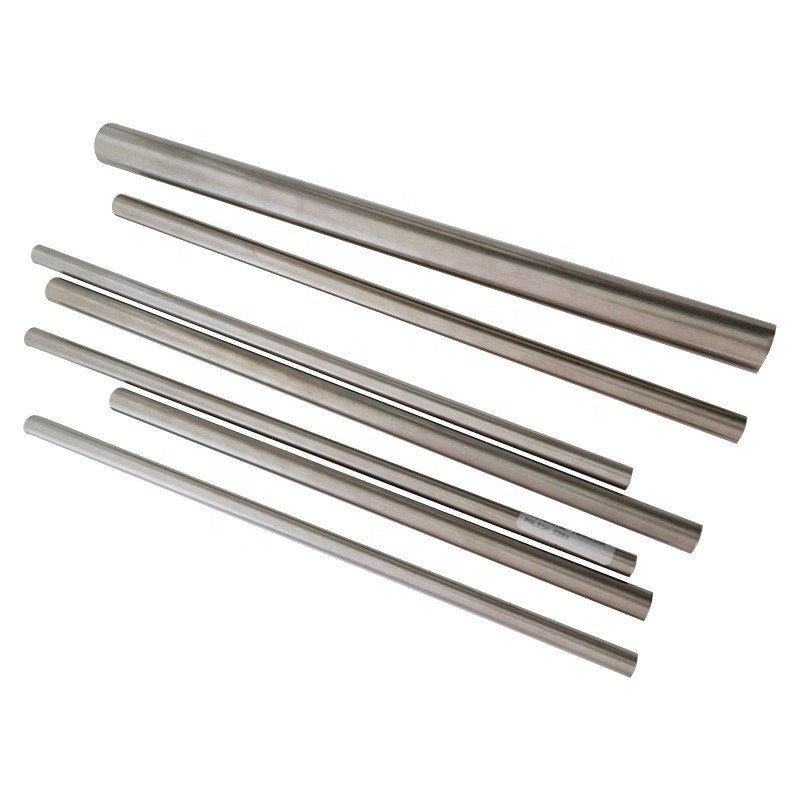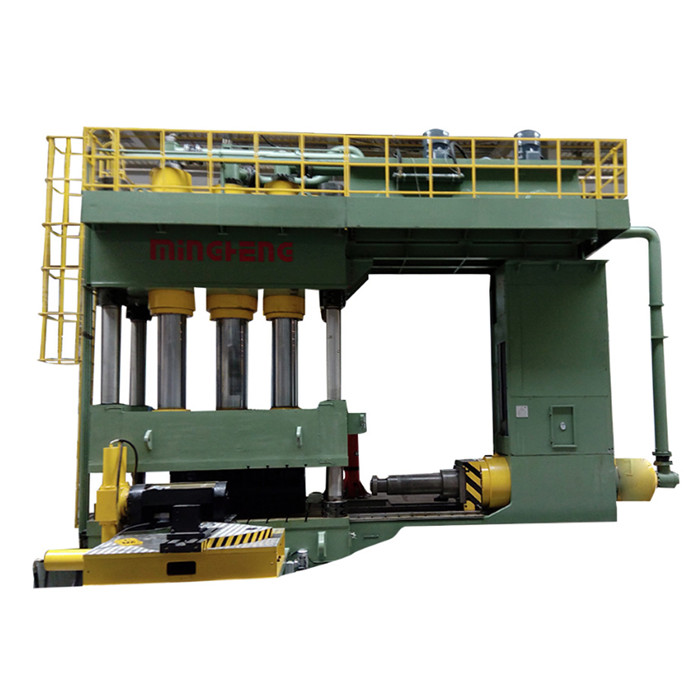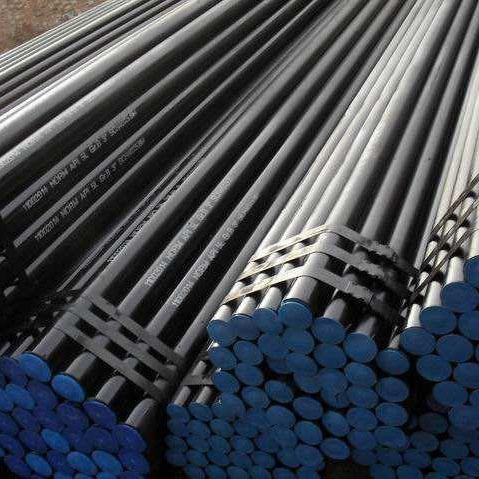Field Notes from the Red Line: What’s Changing in Fire Piping
If you’ve ever watched a fit-out crew thread, groove, and hang a run of Firefighting Pipe, you know the rhythm: measure, cut, groove, repeat. Lately, that rhythm is speeding up. Developers want faster installs, inspectors want cleaner documentation, and owners (unsurprisingly) want longer service life with fewer leaks. From my desk in Beijing—Rm 1103, Shangpintaihu Bld 3#, Tongzhou District, if you’re nearby—the conversation has shifted to coatings, traceability, and real-world test data, not just nameplate specs.
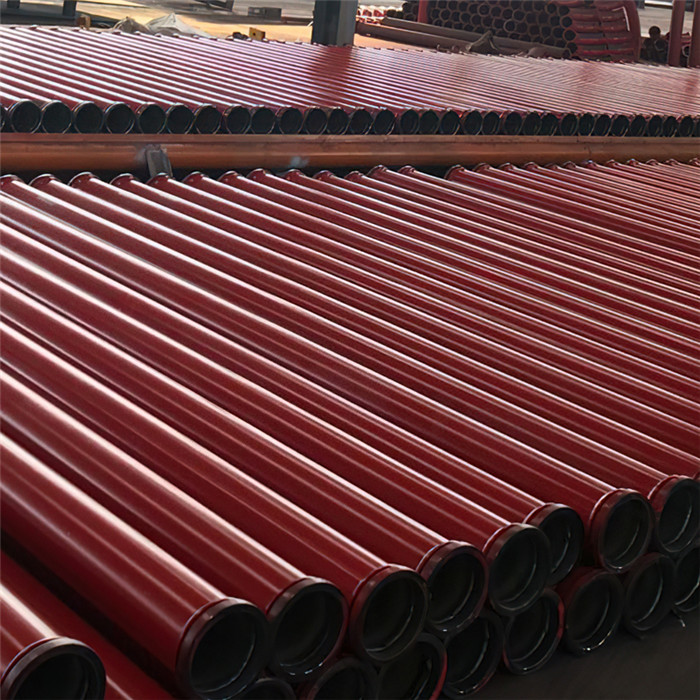
Why these pipes still matter (and what’s trending)
Sprinkler and hydrant loops live in harsh places—parking podiums, coastal rooftops, boiler rooms that run a bit hotter than the spec sheet promised. Right now, I’m seeing three clear trends: heavier oversight on coating quality (galvanized or robust red paint), more demand for documented hydrostatic testing, and a tilt toward ERW lines that groove cleanly without chatter. It sounds boring until your shutdown window is four hours on a live mall. That’s where a consistent Firefighting Pipe saves your weekend.
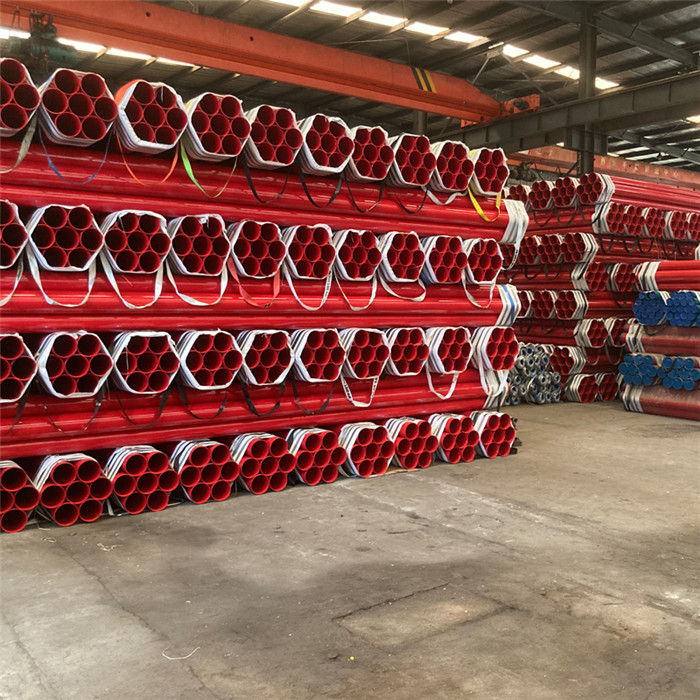
Product at a glance (Astm A53 Bs1387)
| Standards | ASTM A53, BS 1387, BS EN 39/10219, GB/T 3091/8162/8163, JIS G3446/G3456 (selection by project) |
| OD Range | ≈ 21–508 mm |
| Wall Thickness | ≈ 1–20 mm (Schedule 10/20/40 equivalents vary by spec) |
| Techniques | ERW welded; seamless available for critical runs |
| Grades | Q195–Q345, A53 (A/B), A106 (B/C), ST37–ST52, 20#, 45#, STPA22/STBA22 etc. |
| Surface | Galvanized (ISO 1461), red painted (epoxy/alkyd), black |
| Use | Sprinkler mains/branches, standpipes, hydrant loops, hose reels |
Process, testing, and the stuff inspectors ask about
Materials are mill-certified coils/billets selected to grade. ERW seams are HF-welded, then normalized; seamless options are hot-rolled, then finished. After cutting and end-prep (threading or roll-grooving), coatings go on: hot-dip zinc or red paint with DFT checks. To be honest, third-party checks are what calm nerves on tight schedules.
- Hydrostatic test: up to ≈ 3.0–3.2 MPa, 5–10 s hold, per ASTM/GB
- NDT on weld seam: UT/ET sampling
- Coating: ISO 1461 zinc or DFT ≥ 80–120 μm paint (real-world may vary)
- Salt spray: ≈ 240 h to ISO 9227 on painted coupons
- Mechanical: tensile/flattening, drift expansion to standard
- Traceability: heat numbers inkjet-marked along each length
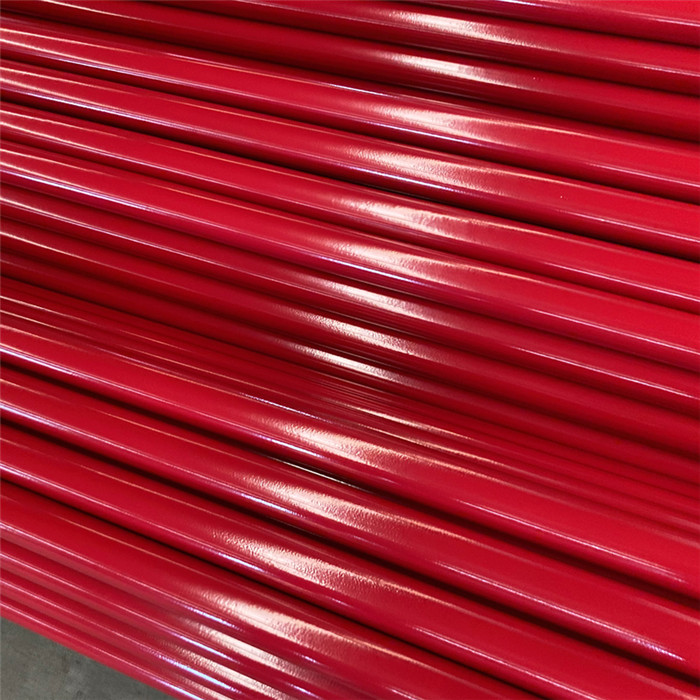
Expected service life? Indoors, I’d budget 25–40 years; coastal exteriors, around 10–25 unless you overspec coatings and keep up maintenance. Many customers say the grooving consistency on this Firefighting Pipe family reduces rework—surprisingly noticeable on big-bore mains.
Applications and advantages
High-rises, logistics hubs, data centers, petrochem perimeters, hospitals—anywhere NFPA 13 or local BS/GB fire codes call for steel. Advantages include clean grooving, broad spec coverage (ASTM/BS/JIS/GB), and pragmatic customization: lengths, bevel/thread/groove, and color coding. Documentation packs typically include MTCs, hydrostatic logs, and coating DFT charts—actually useful when the AHJ starts asking for evidence.
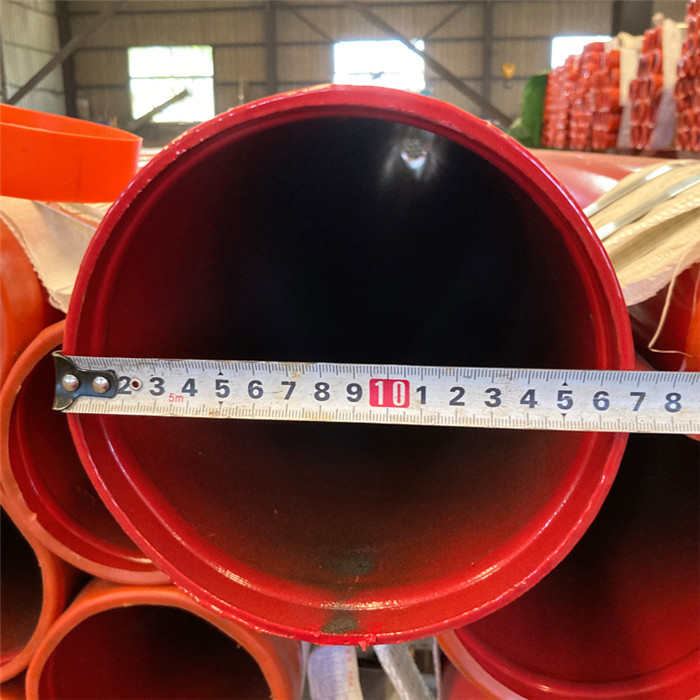
Who to buy from? A quick vendor snapshot
| Vendor | Certs/Standards | Lead Time | Coating Control | Notes |
|---|---|---|---|---|
| World Steel Material | ISO 9001; ASTM A53/BS1387 compliance; third-party inspection welcomed | ≈ 10–25 days (spec/qty dependent) | DFT charts; zinc/paint audits | Wide grade range; strong documentation |
| Vendor B (Local Mill) | ASTM/GB basic | Fast for common sizes | Spot checks only | Good price; limited coating data |
| Vendor C (Trading Co.) | Mixed mills | Variable | Depends on source | Flexible MOQs; check traceability |
Customization, paperwork, and code alignment
Options: ERW or seamless, grooved/threaded/beveled ends, hot-dip galvanized or red paint, custom lengths. Paperwork bundle can include MTC (EN 10204 3.1), hydrostatic sheets, coating DFT log, and packing list with heat numbers. Alignment with NFPA 13, ASTM A53, and BS 1387 is standard practice; UL/FM requirements vary by project and jurisdiction, so confirm early with your AHJ. For sprinkler systems, some specifiers still prefer ASTM A795—fair point—though A53 remains widely accepted in many regions.
Mini case notes
Firefighting Pipe on a Tier‑III data center (SEA): ERW red-painted mains, OD 168–273 mm, delivered pre-grooved; nightshift installation cut two days off the schedule. Salt-fog lab checks confirmed ≥ 240 h on the paint system.
Retail mall retrofit (GCC): Mixed galvanized risers and black branch lines to reduce cost; inspector asked for hydro charts—supplied on the spot. Contractor feedback: “Grooves were clean; Victaulic gaskets seated first try.”
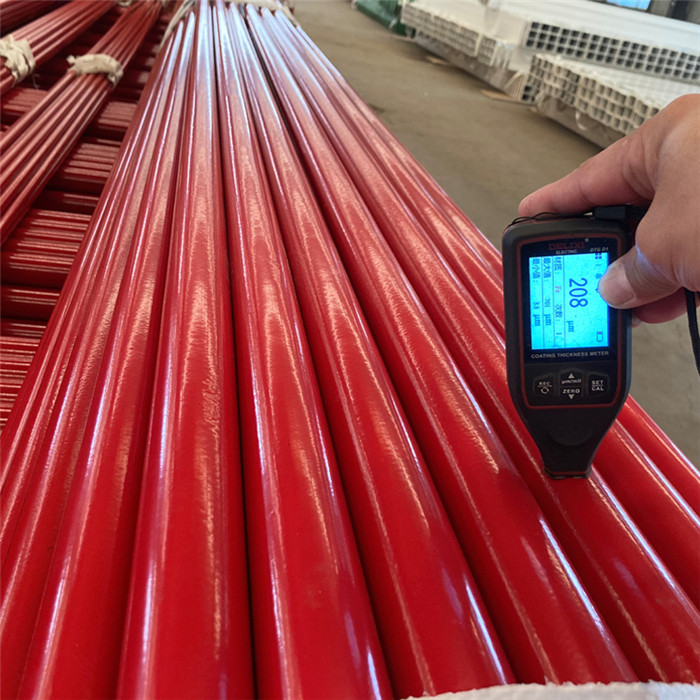
References
- NFPA 13: Standard for the Installation of Sprinkler Systems.
- ASTM A53/A53M: Standard Specification for Pipe, Steel, Black and Hot‑Dipped, Zinc‑Coated, Welded and Seamless.
- BS 1387: Steel tubes for screwing to BS 21 pipe threads.
- ISO 1461: Hot dip galvanized coatings on fabricated iron and steel articles.
- ISO 9227: Corrosion tests in artificial atmospheres—Salt spray tests.
Post time: Nov . 07, 2025 16:50










